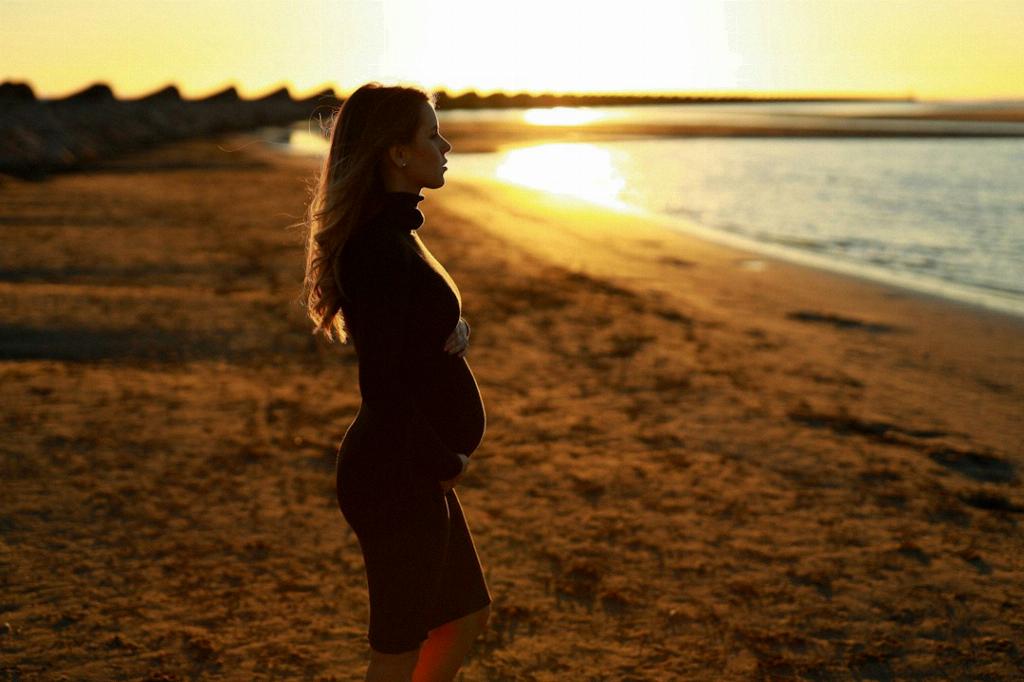During pregnancy, expectant mothers often seek out various foods and supplements to support their health and the growth of their baby. One such food that has gained popularity is dates, known for their sweet taste and potential health benefits. However, the question arises: How early can you start eating dates in pregnancy?
The Benefits of Dates During Pregnancy
Dates are nutrient-dense fruits that contain essential vitamins and minerals like potassium, magnesium, and fiber. They are also high in natural sugars, providing a quick source of energy. Dates have been used for centuries in traditional medicine to aid in digestion, strengthen the uterine muscles, and potentially help with labor. These benefits make dates an attractive option for pregnant women looking to support their overall well-being.
Starting Date Consumption
While the exact timing of when to start eating dates in pregnancy may vary, some experts suggest introducing dates into your diet around the 36th week of gestation. At this stage, consuming around six date fruits per day may help prepare the body for labor and potentially improve birth outcomes. The nutrients in dates can provide an energy boost and support overall health as the body gears up for childbirth.
Considerations for Diabetic Pregnant Women
For pregnant women with diabetes or gestational diabetes, it is essential to be cautious when incorporating dates into their diet. Due to the high sugar content in dates, consuming large quantities may lead to spikes in blood glucose levels, potentially causing complications. It is recommended that diabetic women consult with their healthcare provider before adding dates to their daily routine to ensure it aligns with their individual health needs.
Monitoring Blood Sugar Levels
Monitoring blood sugar levels is crucial for pregnant women with diabetes or those at risk of gestational diabetes. When considering adding dates to your diet, it is important to track how your body responds to the increased sugar intake. Regular blood sugar monitoring, paired with guidance from a healthcare provider or nutritionist, can help pregnant women make informed decisions about including dates in their meals.
Alternative Nutrient Sources
If consuming dates poses a challenge due to diabetes or blood sugar management issues, there are alternative ways to obtain similar nutrients. Potassium-rich foods like bananas, avocados, and sweet potatoes can provide similar benefits without the high sugar content found in dates. Exploring a variety of nutrient sources can help pregnant women maintain a balanced diet throughout their pregnancy.
Consulting Healthcare Professionals
Before making any significant changes to your diet during pregnancy, it is crucial to consult with your healthcare provider. They can offer personalized advice based on your individual health status, dietary preferences, and any existing conditions. Seeking guidance from a professional ensures that you make informed choices that support your well-being and the health of your baby.
Introducing Dates Gradually
If you decide to start eating dates during pregnancy, it is advisable to introduce them gradually into your diet. Begin with a small serving and monitor how your body reacts. This approach allows you to assess any potential side effects and determine if dates are well-tolerated. Slowly increasing your intake over time can help you gauge the impact on your health more effectively.
Benefits of Fiber and Nutrients
In addition to their sugar content, dates are a rich source of dietary fiber, which can aid in digestion and support gut health. The nutrients present in dates, such as magnesium and potassium, play vital roles in various bodily functions, including muscle function and nerve conduction. Incorporating dates into your pregnancy diet can provide a range of essential nutrients that contribute to overall wellness.
Balancing Nutrient Intake
Pregnancy is a time when maintaining a balanced diet is essential for the health of both the mother and the baby. While dates can offer several benefits, it is important not to rely solely on them for all your nutritional needs. A diverse and balanced diet that includes a variety of fruits, vegetables, lean proteins, and whole grains is key to supporting optimal health during pregnancy. Dates can be a part of this balanced approach when consumed in moderation.
Personalized Dietary Choices
Every pregnancy is unique, and each woman’s dietary needs may vary based on factors like health conditions, dietary preferences, and cultural considerations. When determining when to start eating dates in pregnancy, it is essential to consider your individual circumstances and consult with healthcare professionals as needed. Making informed choices about your diet can help you navigate the challenges of pregnancy while supporting your overall well-being.
Conclusion
In conclusion, the decision of when to start eating dates in pregnancy should be made thoughtfully, taking into account individual health factors and dietary considerations. While dates offer potential benefits for pregnant women in supporting labor and providing essential nutrients, it is essential to approach their consumption mindfully, particularly for women with diabetes or blood sugar management issues. By consulting with healthcare providers, monitoring blood sugar levels, and making gradual dietary adjustments, pregnant women can incorporate dates into their diet in a way that promotes overall health and wellness.

